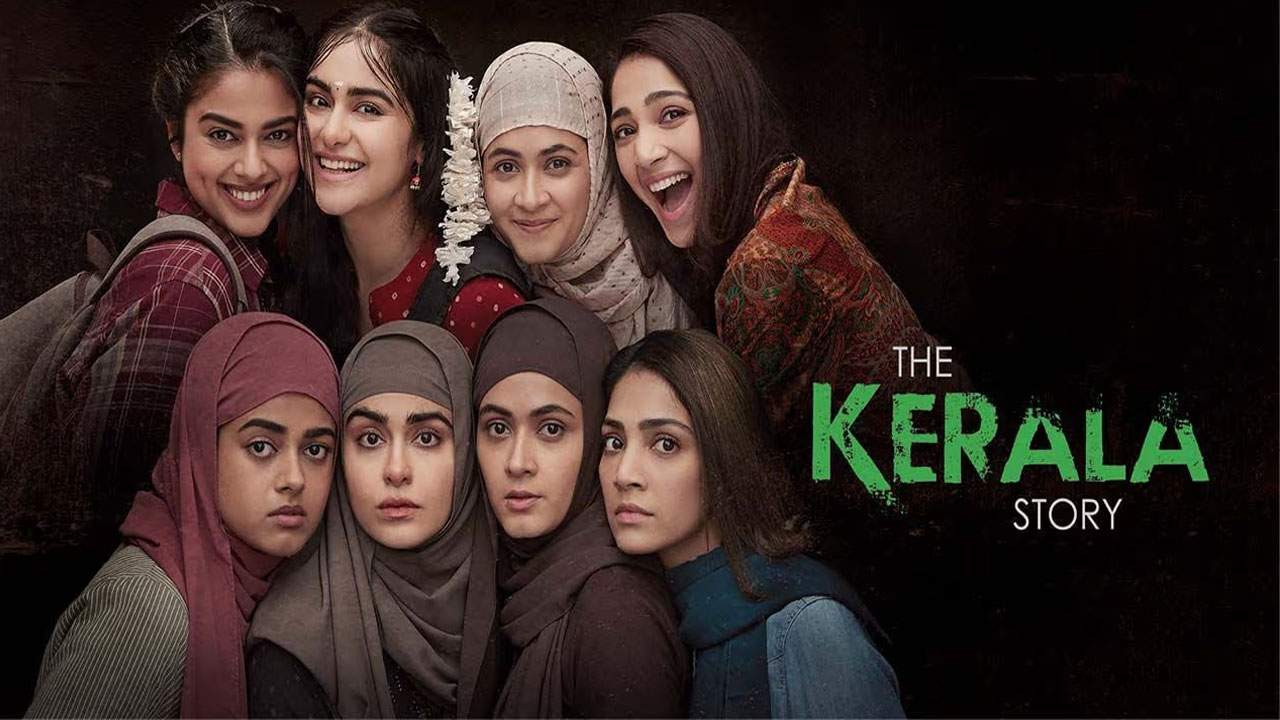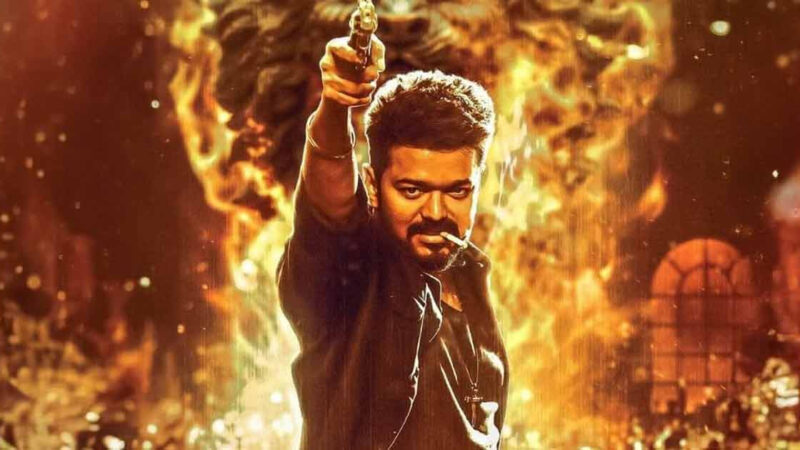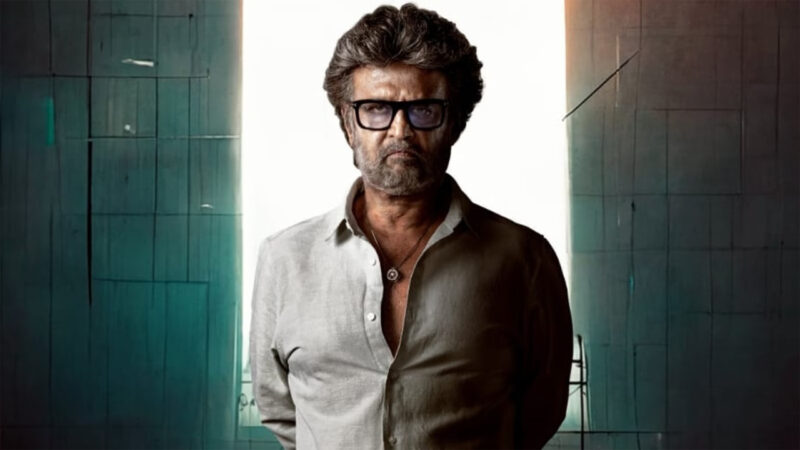Story Plot
“The Kerala Story” is a movie that follows the stories of three young girls from different parts of Kerala. The main focus of the movie is on the character of Shalini, who forcibly converted to Islam. Then she becomes radicalized and is ultimately compelled into joining ISIS as a terrorist.
Full Review
Director and writer Sudipto Sen‘s documentary, “The Kerala Story,” makes the claim that thousands of Hindu and Christian women in Kerala and Mangalore are being coerced into converting to Islam through manipulation and deception, and forcibly converted to Islam to be sent to ISIS camps in Afghanistan and Syria, where they will be used as sex slaves or suicide bombers. While there may be some cases of this happening, the documentary demonizes an entire community by painting religious leaders as evil, men as hunters, and women as recruiters for the so-called Islamic cause.
The story is narrated by Shalini (played by Adah Sharma), who is being interrogated at the Iran-Afghan border post after being found and arrested. The story unveils Shalini’s past through flashbacks, revealing that she had joined a nursing college in a different city, where she lived in a shared room with Geetanjali (portrayed by Siddhi Idnani), a Christian girl (played by Yogita Bihani), and Asifa (played by Sonia Idnani), a Muslim girl..

Asifa, who is a local, is extra hospitable towards her roommates and introduces them to her cousins. After an obviously staged molestation incident in a mall, Shalini and Geetanjali are easily convinced to wear a hijaab. Asifa initiates religious criticisms and advocates that only Islam can offer protection and salvation from hellfire. Despite not being young, the women fall prey to Asifa’s rhetoric and accept her teachings, while also being drugged to facilitate indoctrination. Eventually, the trap closes in on them when they are seduced by two Muslim men who have been tasked with sleeping with them and impregnating them.
After converting to Islam and being renamed Fatima, Shalini discovers that she is pregnant, left by her boyfriend, and forced to marry a cruel man named Ishak (played by Vijay Krishna). Trapped and isolated in a village in Afghanistan where women are not allowed to have phones, Shalini witnesses the horrors of fundamentalism, where women are mutilated and men beheaded for not obeying Taliban rules. Her baby is separated from her, and she is compelled to work as a sex slave. Meanwhile, the other two girls have an even more terrible destiny.
The film portrays Muslims as regressive and barbaric, with the director and writers having a one-point agenda of painting the Muslim community in this way. The movie achieves the opposite of its intended effect by amplifying everything, suppressing any chance of discussion that may have arisen, and depicting rape scenes in a disturbingly graphic manner. Any viewer who might be aware of communal hatred and bigotry will be repulsed by the film’s unabashed spewing of communal hatred.
Although filmmakers have the freedom to choose the stories they wish to tell, they should not manipulate or falsify information as Sen has done in “The Kerala Story.” It is hoped that films like “The Kerala Story” and “The Kashmir Files” will remain rare exceptions, and we can continue to enjoy and appreciate movies that encourage peace, unity, and tolerance.






